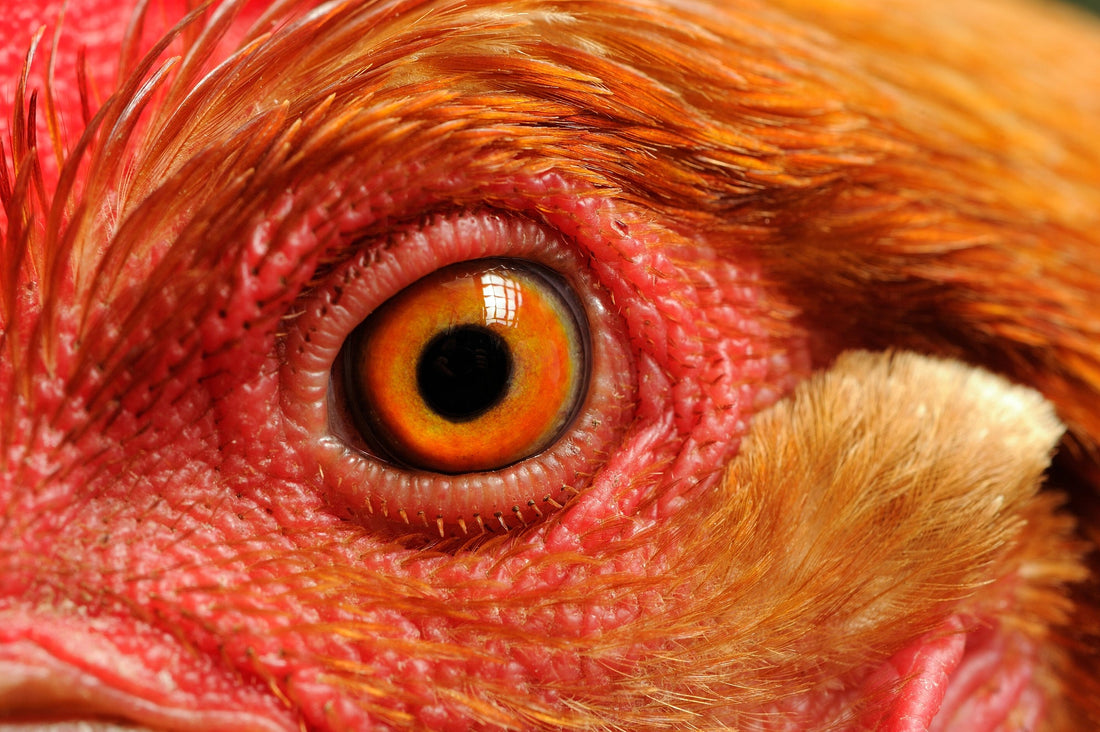Shedding Light on Chicken Eye Health
Eye infections in chickens can be a cause of concern for poultry owners, affecting the overall health and well-being of their flock. Understanding the causes and treatments for these infections is essential for maintaining a healthy poultry population. In this comprehensive guide, we will explore the common causes of eye infections in chickens and discuss effective strategies for diagnosis and treatment.
Recognizing the Symptoms: Signs of Eye Infections in Chickens
Identifying the symptoms of eye infections in chickens is the first step towards effective treatment. Common signs include swelling, redness, discharge, and squinting. Chickens may also exhibit behavioral changes such as lethargy and decreased appetite. Regular observation of your flock is crucial for early detection and intervention.
Causes of Eye Infections: Understanding the Culprits
Several factors can contribute to the development of eye infections in chickens. Bacterial and viral pathogens, environmental irritants, and poor hygiene practices are among the primary culprits. Dust, ammonia fumes, and overcrowding in poultry housing can also increase the risk of eye infections. Understanding these factors is essential for implementing preventive measures and minimizing the occurrence of infections.
Diagnosis: Shedding Light on the Problem
Diagnosing eye infections in chickens requires a thorough examination by a qualified veterinarian. A visual inspection of the eyes, along with laboratory tests such as bacterial cultures, can help identify the underlying cause of the infection. Additionally, assessing the overall health and living conditions of the flock can provide valuable insights into potential contributing factors.
Treatment Options: Clearing the Path to Recovery
Treatment for eye infections in chickens typically involves a combination of topical ointments, antibiotics, and supportive care. Cleaning the affected area with saline solution and applying antibiotic ointment can help reduce inflammation and promote healing. In severe cases, oral antibiotics may be prescribed to address systemic infections. It is essential to follow the veterinarian's recommendations closely and monitor the chicken's progress throughout the treatment process.
Preventive Measures: Keeping Eyes Bright and Healthy
Preventing eye infections in chickens requires proactive measures to maintain optimal hygiene and minimize exposure to pathogens. Providing clean water, proper ventilation, and adequate space in poultry housing can help reduce the risk of infections. Regular cleaning of coops and nesting areas, along with routine health checks, is essential for early detection and intervention. Implementing biosecurity protocols, such as restricting visitor access and quarantining new birds, can also help prevent the spread of infectious diseases.
Natural Remedies: Harnessing the Power of Nature
In addition to conventional treatments, some poultry owners explore natural remedies for treating eye infections in chickens. Herbal extracts, such as chamomile and calendula, are known for their anti-inflammatory and antimicrobial properties and may help alleviate symptoms. However, it is essential to consult with a veterinarian before using any natural remedies to ensure their safety and efficacy.
When to Seek Veterinary Care: The Importance of Professional Guidance
While mild cases of eye infections in chickens can often be treated at home, severe or recurrent infections require prompt veterinary attention. A veterinarian can provide a proper diagnosis and recommend the most appropriate course of treatment based on the chicken's individual needs. Delaying veterinary care can lead to complications and compromise the chicken's overall health and well-being.
Keeping a Watchful Eye on Chicken Health
Maintaining healthy eyesight is crucial for the well-being of chickens, as eye infections can significantly impact their quality of life. By understanding the causes, symptoms, and treatment options for eye infections, poultry owners can take proactive steps to protect their flock's vision and overall health. With proper care and attention to hygiene, chickens can enjoy bright and healthy eyes for years to come.

